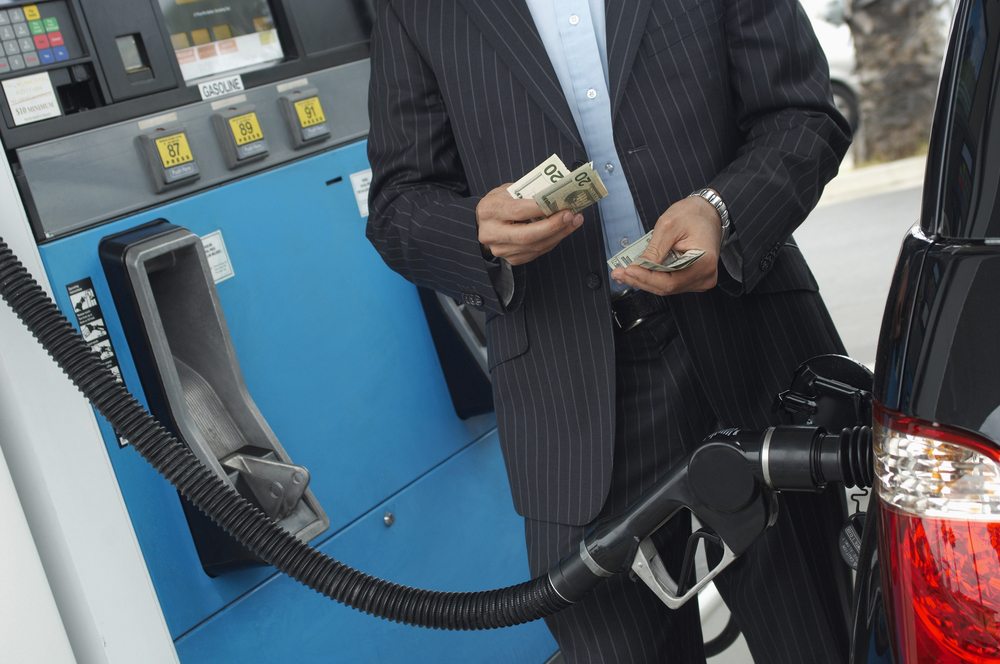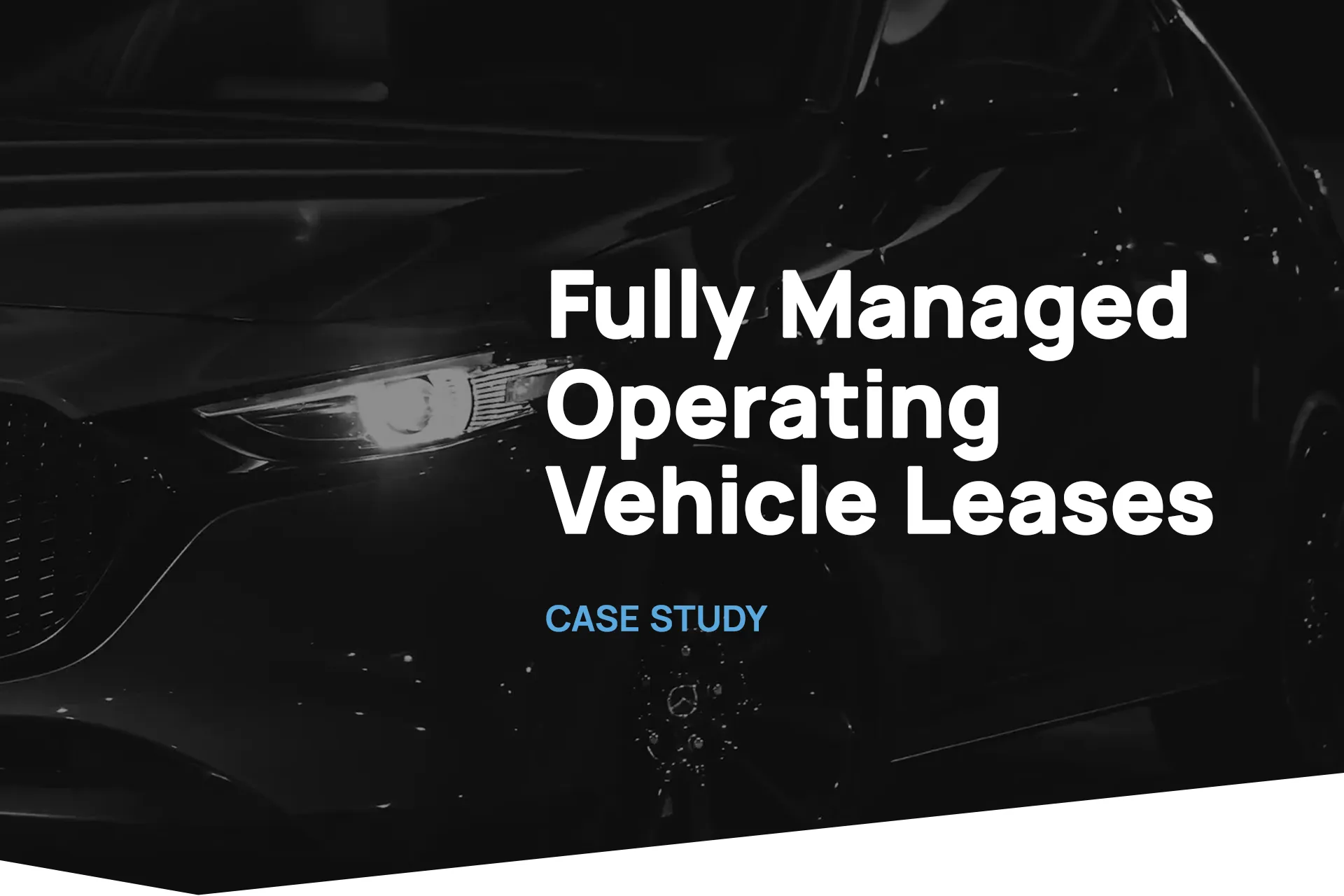Leasing gas station has become a lucrative venture for entrepreneurs looking to tap into the ever-growing fuel industry. Whether you’re an experienced business owner or a newcomer exploring potential investments, leasing a gas station can be a game-changer. In today’s fast-paced world, where convenience is king, gas stations are more than just refueling spots—they’re essential hubs for drivers and travelers alike. So, if you’ve ever wondered how leasing a gas station works, you’re in the right place.
Now, let’s get real for a second. The fuel industry isn’t slowing down anytime soon. With millions of vehicles on the road every day, gas stations are in high demand. Leasing a gas station isn’t just about selling fuel; it’s about building a business that caters to the needs of modern consumers. From snacks to car washes, the opportunities are endless. Stick around, and we’ll break it all down for you.
But hey, before we dive deep into the nitty-gritty of leasing gas stations, let’s address the elephant in the room. Many people think leasing a gas station is too complicated or risky. Spoiler alert: it doesn’t have to be. With the right strategies and knowledge, you can turn this venture into a thriving business. Let’s explore how you can make it happen.
Read also:Bollyflix Old The Ultimate Guide To Bollywood Movies And Series
Understanding the Basics of Leasing Gas Station
What Exactly is Leasing a Gas Station?
Leasing a gas station means renting out the property and equipment from the owner to operate it as a business. This setup allows entrepreneurs to run a gas station without the burden of purchasing the land or infrastructure outright. It’s like renting a house, but instead of living in it, you’re running a business. Simple, right?
When you lease a gas station, you typically sign a contract that outlines the terms, including rent payments, maintenance responsibilities, and operational guidelines. The lease agreement will also specify the duration of the lease and any renewal options. This arrangement provides flexibility and reduces upfront costs, making it an attractive option for many aspiring business owners.
Why Choose Leasing Over Buying?
Buying a gas station outright can be a massive financial commitment. Not only do you need to cover the cost of the land and building, but you also have to invest in equipment, permits, and renovations. Leasing, on the other hand, allows you to enter the market with significantly lower initial expenses. Plus, you avoid the hassle of dealing with property taxes and long-term liabilities.
Here’s a quick breakdown of the benefits:
- Lower upfront costs
- Flexibility in terms and duration
- No property taxes or ownership liabilities
- Access to established locations
- Opportunity to test the market before committing
Leasing gives you the chance to focus on growing your business rather than worrying about the complexities of ownership. It’s a win-win situation for both parties involved—the landlord gets a steady income stream, and you get a profitable business opportunity.
Key Factors to Consider Before Leasing Gas Station
Location, Location, Location
Let’s be real—location is everything in the gas station business. A well-located gas station can make all the difference in your success. Ideally, you want a spot with high traffic volume, easy access, and visibility. Think about it—drivers are more likely to stop at a gas station they can see clearly and reach conveniently.
Read also:Emerson Normand Carville A Rising Star In The World Of Entertainment
When evaluating potential locations, consider the following:
- Proximity to highways, main roads, or busy intersections
- Visibility from major thoroughfares
- Foot traffic and nearby amenities (restaurants, shopping centers, etc.)
- Potential for future development in the area
Remember, a great location can drive more customers to your gas station, boosting your sales and profitability. Don’t underestimate the power of being in the right place at the right time.
Assessing the Property and Equipment
Before signing any lease agreement, it’s crucial to assess the condition of the property and equipment. You don’t want to inherit a gas station with outdated pumps or structural issues. Conduct a thorough inspection to identify any potential problems and negotiate repairs or replacements with the landlord if necessary.
Here’s what to check:
- Fuel pumps and dispensers
- Storage tanks and pipelines
- Convenience store facilities (if applicable)
- Restrooms and customer amenities
- Lighting and security systems
Investing time in this step can save you a lot of headaches down the road. A well-maintained gas station not only attracts more customers but also ensures compliance with safety regulations.
Financial Considerations for Leasing Gas Station
Understanding Lease Costs
Lease costs can vary depending on several factors, including location, size, and market conditions. Typically, you’ll pay a base rent plus a percentage of your gross sales. This structure ensures that both you and the landlord benefit from the station’s success.
Here’s a rough estimate of what you might expect:
- Base rent: $1,500 to $5,000 per month
- Percentage rent: 2% to 5% of gross sales
- Additional fees: utilities, maintenance, and insurance
Keep in mind that these numbers are just a guideline. It’s essential to negotiate the terms that work best for your business. Don’t hesitate to consult a financial advisor or attorney to ensure you’re making an informed decision.
Managing Expenses and Budgeting
Running a gas station involves more than just selling fuel. You’ll need to account for various expenses, such as staffing, inventory, maintenance, and marketing. Creating a detailed budget will help you stay on top of your finances and identify areas where you can cut costs.
Here’s a breakdown of common expenses:
- Staff salaries and benefits
- Fuel and inventory costs
- Utility bills (electricity, water, gas)
- Maintenance and repairs
- Marketing and advertising
- Insurance premiums
Proper financial management is key to maintaining a profitable gas station. Keep track of your expenses and revenues regularly to ensure your business stays in the black.
Legal and Regulatory Requirements
Permits and Licenses
Operating a gas station comes with its fair share of legal requirements. You’ll need to obtain the necessary permits and licenses to ensure compliance with local, state, and federal regulations. These may include:
- Fuel retailer license
- Environmental permits
- Fire safety certifications
- Health and safety inspections
Make sure you’re familiar with the specific regulations in your area. Ignoring these requirements can lead to hefty fines or even closure of your business. Stay on the right side of the law, and you’ll avoid unnecessary headaches.
Insurance Coverage
Insurance is a must for any gas station operator. With the potential risks involved, such as fuel spills, accidents, or theft, having adequate coverage is crucial. Consider the following types of insurance:
- General liability insurance
- Property insurance
- Environmental impairment liability insurance
- Workers’ compensation insurance
Consult with an insurance professional to determine the best coverage options for your business. Investing in the right insurance can protect you and your assets in case of unforeseen events.
Marketing and Customer Retention Strategies
Building a Strong Brand
In today’s competitive market, branding is essential for standing out from the crowd. Develop a strong brand identity that resonates with your target audience. This could include a memorable logo, catchy slogan, and consistent visual elements throughout your gas station.
Here are some tips for building a strong brand:
- Create a unique value proposition
- Focus on customer service
- Offer loyalty programs or discounts
- Utilize social media and online platforms
A well-established brand can attract repeat customers and foster loyalty, leading to increased sales and profitability.
Engaging with Your Community
Getting involved in your local community can be a powerful marketing tool. Host events, sponsor local teams, or participate in charity activities to build relationships with your customers. When people see you as an active member of the community, they’re more likely to choose your gas station over competitors.
Here’s how you can engage with your community:
- Organize car wash events or fundraisers
- Partner with local businesses for cross-promotions
- Offer discounts to residents or frequent visitors
- Participate in community events and festivals
By connecting with your community, you create a sense of trust and belonging that can boost your business’s reputation.
Challenges and Solutions in Leasing Gas Station
Dealing with Fluctuating Fuel Prices
One of the biggest challenges in the gas station business is managing fluctuating fuel prices. Prices can change daily due to factors like supply and demand, geopolitical events, and seasonal trends. To mitigate this risk, consider implementing strategies like:
- Offering loyalty programs to retain customers
- Providing additional services (snacks, car washes, etc.) to diversify revenue streams
- Partnering with suppliers for better pricing and terms
Staying informed about market trends and adjusting your strategies accordingly can help you navigate the ups and downs of fuel pricing.
Competition and Market Saturation
The gas station industry is highly competitive, with new players entering the market regularly. To stay ahead, focus on offering exceptional customer service, unique promotions, and value-added services. Differentiating your gas station from competitors can set you apart and attract more customers.
Here’s how you can tackle competition:
- Invest in employee training and development
- Enhance customer experience with convenient amenities
- Monitor competitors’ strategies and adapt accordingly
Embracing challenges as opportunities for growth can lead to long-term success in the gas station business.
Case Studies: Successful Leasing Gas Station Ventures
Case Study 1: John’s Gas & Go
John’s Gas & Go is a prime example of a successful gas station leasing venture. Located in a bustling suburban area, this station attracts thousands of customers daily. By offering competitive fuel prices, a well-stocked convenience store, and a state-of-the-art car wash, John has built a loyal customer base and achieved significant profitability.
Case Study 2: City Fuel Express
City Fuel Express transformed a struggling gas station into a thriving business by focusing on customer service and innovation. They introduced mobile payment options, self-service kiosks, and a rewards program that incentivized repeat visits. These initiatives not only improved efficiency but also boosted customer satisfaction and revenue.
Tips for Maximizing Profitability
Expanding Your Product Offerings
Offering a wide range of products and services can increase your revenue streams and attract more customers. Consider adding items like snacks, beverages, and car accessories to your convenience store. Additionally, providing services such as car washes, oil changes, and tire repairs can enhance your station’s appeal.
Implementing Technology Solutions
Embracing technology can streamline operations and improve customer experience. Invest in modern fuel pumps with touch screens, mobile payment options, and loyalty apps. These innovations not only make transactions faster and more convenient but also provide valuable data for analyzing customer behavior and preferences.
Conclusion: Is Leasing Gas Station Right for You?
Leasing a gas station can be a rewarding venture for those willing to put in the effort. With the right strategies, location, and management, you can turn this opportunity into a profitable business. Remember to conduct thorough research, assess your financial situation, and stay compliant with legal and regulatory requirements.
So, are you ready to take the leap? If you’re passionate about entrepreneurship and eager to make a difference in your community, leasing a gas station might just be the perfect fit for you. Don’t forget to share your thoughts and experiences in the comments below. And hey, if you found this guide helpful, feel free to share it with your fellow entrepreneurs. Let’s keep the momentum going!
Table of Contents


